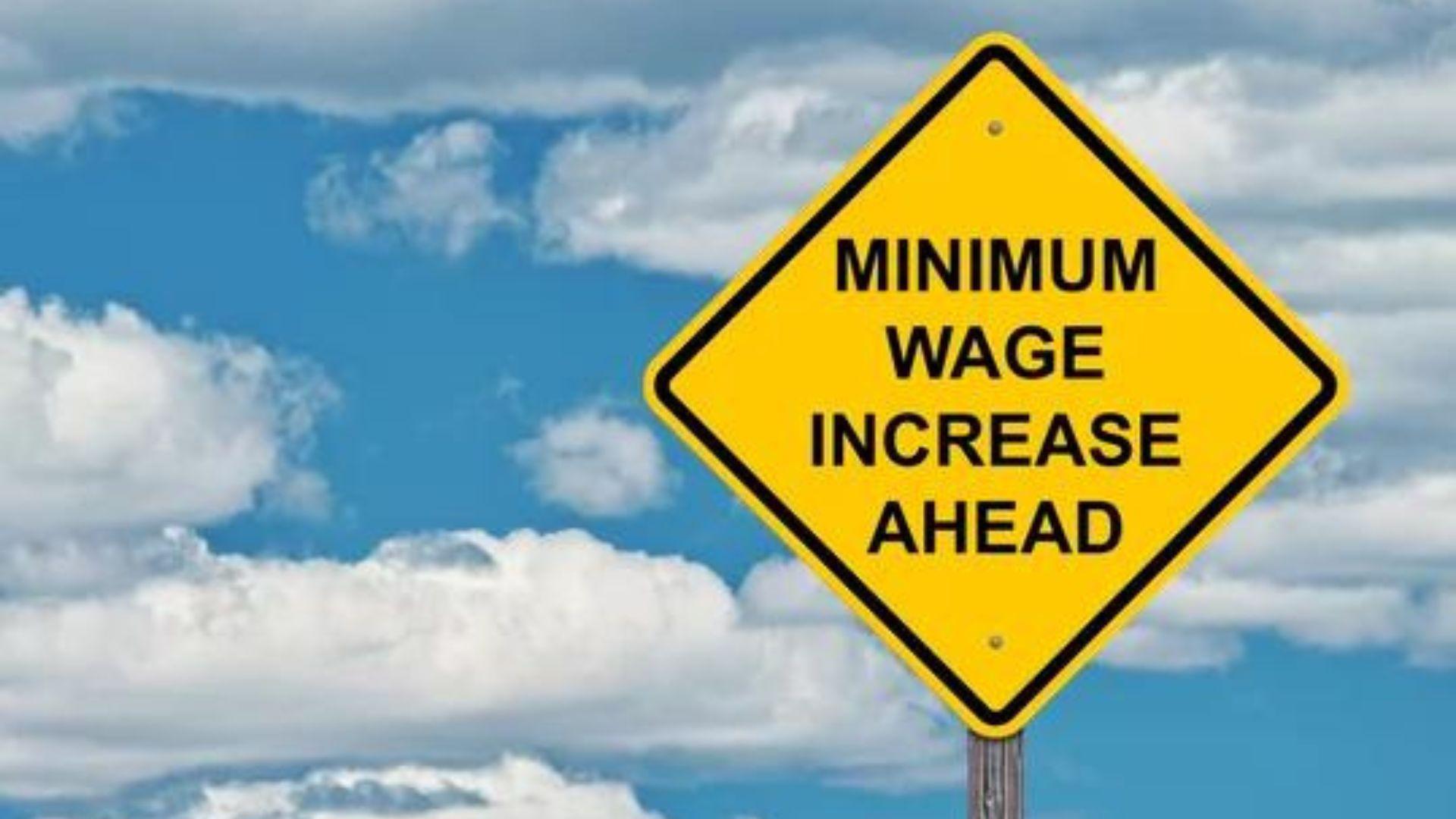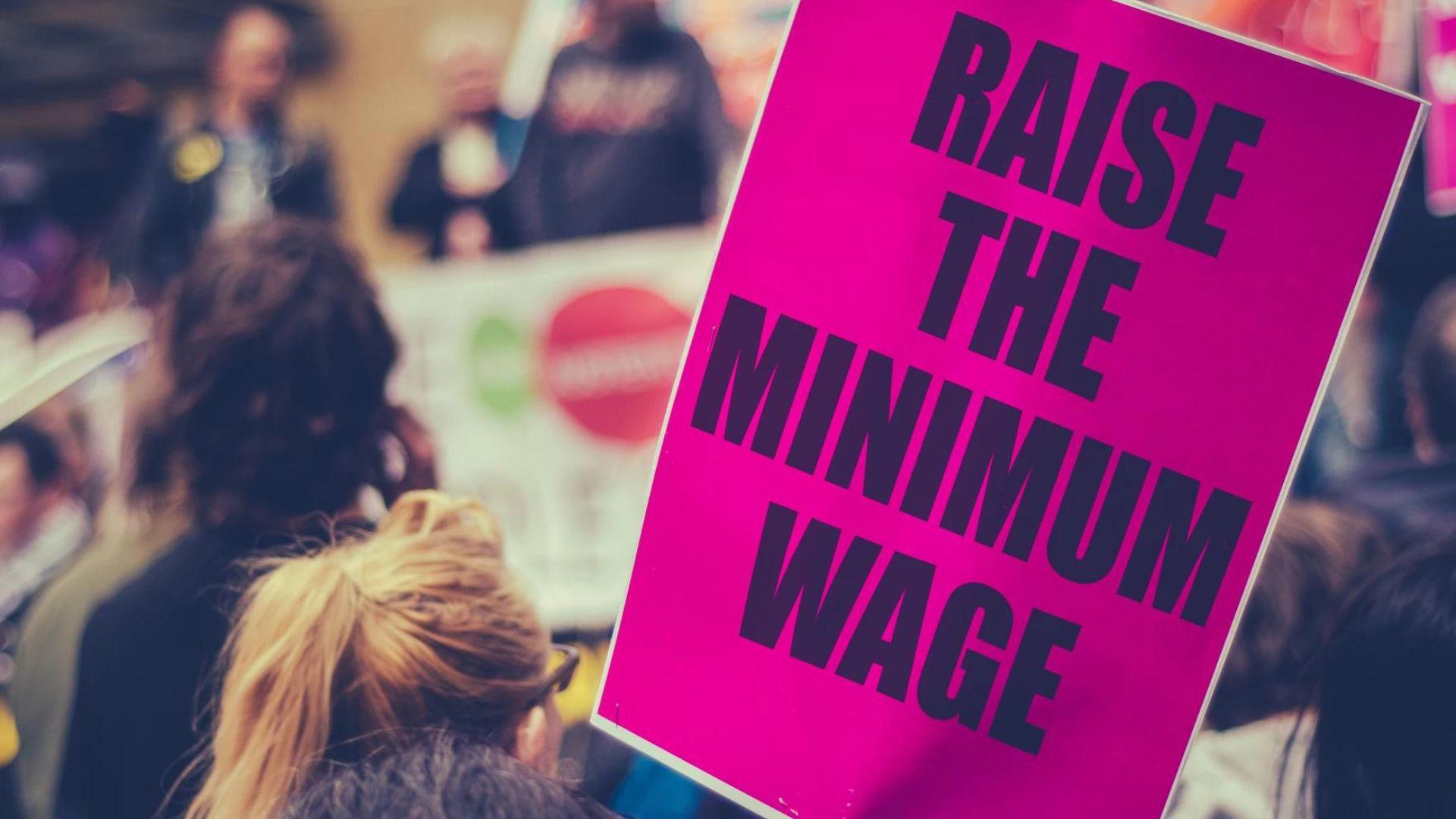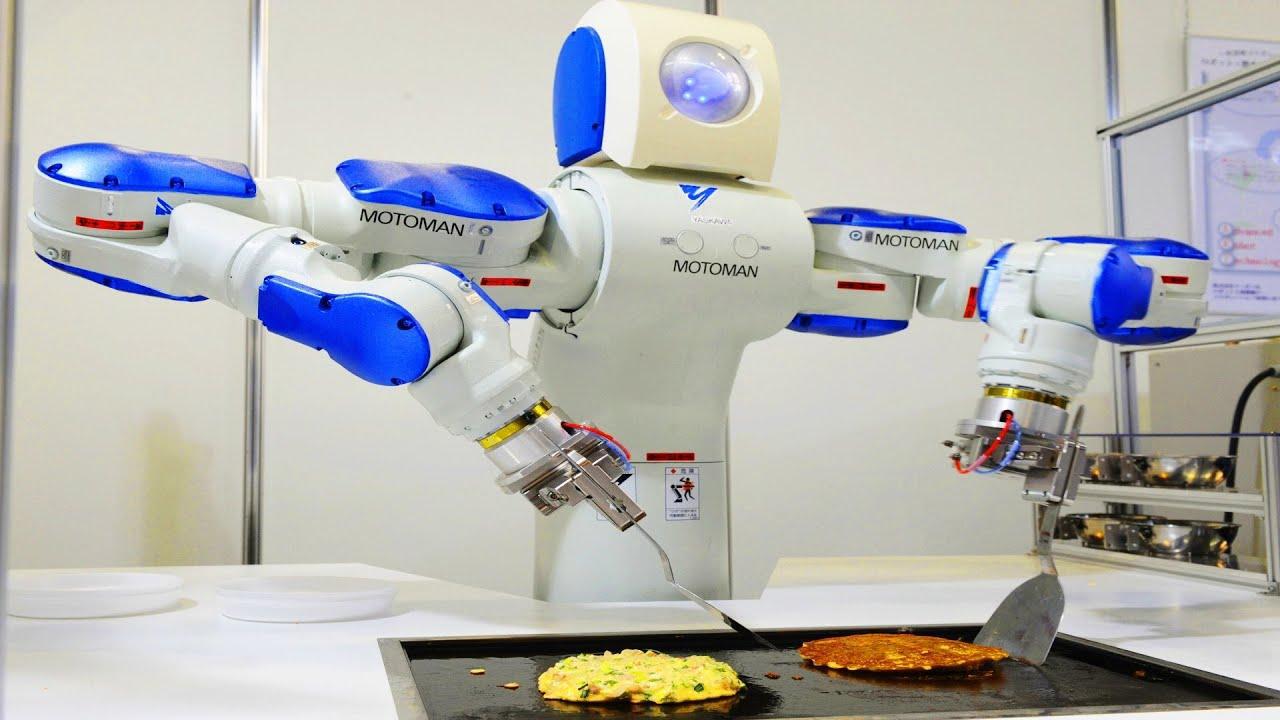As the Mayor of Minneapolis, Jacob Frey, once said, “Getting a raise doesn’t do a whole lot of good if you lose your job.” However, that is currently exactly what’s happening in his city and many others around the United States.
Government officials like Frey, Newsom, and Sanders have worked tirelessly to increase the minimum wage and even cut the work week down from 40 hours to 32. Meanwhile, companies, both big and small, are already responding by laying off thousands of hard working Americans. And there will be many more in the near future.
Understanding Minimum Wage in the USA

The conversation around minimum wage is certainly not new. For decades, government officials have argued in the United States (and most other countries) about which dollar amount is fair for both employees and employers.
Currently, the national minimum wage in the USA is $7.25 per hour; however, each state has the right to set its own minimum, and they vary significantly. California’s minimum is $16, except for fast food workers who make $20, Washington state’s minimum is $16.28, and South Carolina has kept $7.25 as its minimum.
Increasing the Minimum Wage Has Both Pros and Cons

With many state officials fighting to increase the minimum wage, it’s important to understand that this decision comes with both benefits and disadvantages.
The upside is that many Americans who cannot afford the ever-increasing cost of living could finally find themselves able to buy a home, save money, and invest. However, the downside is that increasing labor costs could be detrimental to companies and could lead to much larger problems within the economy.
Basic Economics: Spending More Means Charging More

One of the most basic theories of economics is that the more money a company spends on designing, producing, and selling a product, the more it must charge for it.
By increasing labor costs, companies will have to spend more money on staff than ever before, which almost certainly means increasing their price tags. So, while millions of Americans will make slightly more per hour than they were before, everything they want to buy will be more expensive, too.
Some Companies Will Be Forced to Cut Back on Staff

While some companies may be able to survive by slightly increasing their products to offset labor costs, others will have to take more drastic measures to stay afloat.
One of the most common results of the increase in minimum wage is substantial layoffs, especially among entry-level positions. Layoffs in the USA are already at an all-time high, and as the minimum wage increases across more states, the nation will likely have more unemployed residents than they have in centuries.
How Will Companies Without Staff?

Historically, even though companies could cut back on staff, they couldn’t eliminate entire jobs as at least a few people were needed in each position. However, that is no longer the case.
Thanks to artificial intelligence, computers, software, and even actual robots can now completely replace human beings. While paying actual people to work is getting more expensive, AI products are becoming increasingly affordable.
Many Companies Are Investing in AI Instead

To prepare for the constantly growing cost of labor, many big corporations have decided to start investing in AI now. From kiosks instead of clerks and self-checkout counters, there are several forms of AI that are already in use around the country.
And the newest form will certainly come when robots are fully operational and can prepare food just as well as a human being for much less money.
Some Companies Will Simply Leave

For those nationwide corporations that either don’t want to or can’t invest in AI and don’t want to increase their prices for consumers, they will likely leave the states that enforce a significant jump in the minimum wage.
Rideshare companies Uber and Lyft have already threatened to abandon Minneapolis when the city council applied the minimum wage to its drivers. And in California, many fast food chains will likely close up some of their stores due to Gov. Gavin Newsom’s new law enforcing a $20 per hour minimum for their workers.
Bernie Sanders Plan for a 32-Hour Work Week

Understanding the problems with increasing the minimum wage is important because it’s happening right now. However, Vermont Senator Bernie Sanders has proposed another plan that many are arguing is potentially more dangerous in the long run.
Sen. Sanders believes that Americans and the country as a whole would benefit greatly from a nationwide adjustment to a 32-hour work week. However, he argues that companies should continue to pay the same salaries as they were for 40-hour weeks.
The Benefits of a 32-Hour Work Week

In Sanders’ opinion, current technologies, including AI, should ensure that companies can maintain their productivity level even while giving their employees an extra day off. Therefore, there should be no problem paying them the same amount of money, even if they work eight hours less.
Additionally, Sanders argues that companies aren’t likely to notice any real downturn in profits or productivity. In fact, both may improve, as several studies report that employees were happier and more productive with an extra day off. Some companies even increased their profits with the new model.
The Cost of a 32-Hour Work Week

While this idea may work in theory for companies whose employees work almost exclusively on computers, it would be extremely detrimental to manufacturing plants and other similar businesses.
Many are arguing against Sanders, saying that almost every company, manufacturing and otherwise, would have to hire more workers to maintain productivity and profits. This would, of course, cost them substantially more and significantly increase prices across the board for almost every American consumer.
Messing With the Marketplace

As chief economist at First Trust Advisors told USA Today, “The government seems stuck on this way of fixing something that doesn’t need to be fixed. It messes up the marketplace, and businesses attempt to find a way around it because these are not market-based wages – and today, with robotics and computers, they can. So it ends up hurting people.”
The debates over raising the minimum wage and implementing a 32-hour work week are far from over. No matter what happens, over the next few years, America’s workforce will likely look very different.
